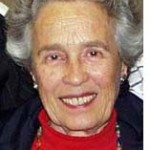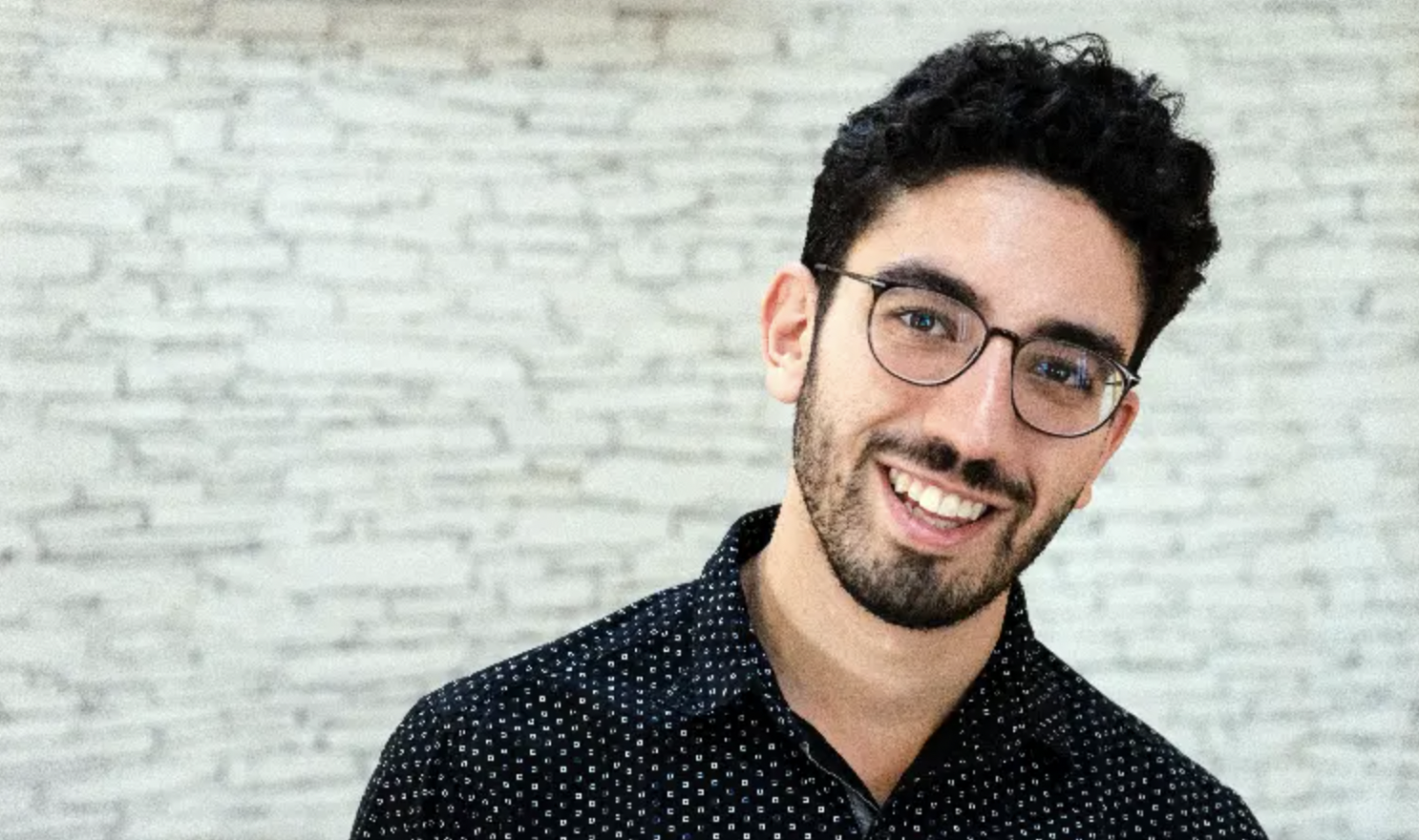
SAN DIEGO — Yoni Avi Battat’s debut album, Fragments, explores his Arab-Jewish identity through nine selections. He composed the music for seven of them, delving into the Arabic melodies of his grandparent’s native Iraq for inspiration and including native instruments such as the oud (Arabic lute), qanun (chordaphone with many strings), nay (reed flute), riq (tambourine), frame drum, karakeb (large iron castenets), darbuka (goblet shaped drum) and joza (coconut shell fiddle held on knee).
Eight of the selections are vocal. The first, “Water and Air,” sung by Yoni, is a setting of a poem by the Iraqi-Jewish poet, Anwar Sha’ul. Sha’ul remained in Baghdad until 1971, long after most of the Jews had left. In 1969, he represented Iraq at the international conference of Arab writers where he recited a poem excerpted in this song: (translation by Reuven Snir)
My childhood blossomed on the waters of the Euphrates,
And the days of my youth drank of the Tigris.
My heart beats with love of the Arabs,
My mouth proudly speaks their language.
Do not they and I share a common source?
The distant past drew us together.
Our fates have been bound together in a radiant homeland
Which is like water and air to us.’
The second selection, “Vapor,” is an amalgam of an Arabic poem by Mansur Al-Hallaj (858-952 C.E.), a Yiddish poem by Arn Zeitlin (1899-1973), and Hebrew text from the Book of Ecclesiastics. It is the composition that seems to best illustrate Battat’s fragmented heritage. However, the Yiddish text does not pair well with the asymmetric melody that Battat assigned to it, and the words are difficult to make out, whereas the rubato improvisatory lines seem to fit well with the Arabic and the Hebrew lyrics. Perhaps it is because Ashkenazi Yiddish played a minor role in his heritage.
The third selection pays homage to his grandmother’s cooking of traditional dishes:
Where do I start? How do I learn? You seem so far, and so I yearn
To burn my tongue on sauce just right, to feel you here in every bite.
The fourth piece is an instrumental work inspired by a letter his grandfather wrote from Connecticut to his wife, living in Jerusalem.
The fifth song uses the text from Psalm 98, which mentions many biblical musical instruments.
The sixth selection features Laura Elkeslassy singing the Hebrew lyrics to “Will Her Love Remember?” They were written by the wife of Dunash Ibn Labrat (ca. 990) and found in the Cairo Geniza. This is one of the only examples of poetry from that era written by a woman.
The seventh selection, “El Eliyahu,” uses a traditional Iraqi melody for text by the great medieval poet, Abraham Ibn Ezra, sung by Yoni Avi Battat along with his great uncle, Razi Battat. Razi Battat lives in Ramat Denya, Jerusalem.
The eighth offering, an Arabic song with music and lyrics by Saleh Al-Kuwaiti, arranged by Battat, is a well-known Iraqi song written about the pain of being left by a lover. Battat sees it as expressing his sadness over long-gone ancestors, lost memories, distant ancestral homelands, and the elusiveness of the Arabic language.
The concluding song is in English with the chorus in Arabic: “And we are fragments being pulled by the two sides of the split: belonging and unbelonging.”
His concluding English verse:
From the fragments of the stories, I can hear what’s unsaid
From the fragments of the struggle, I can know my own strength
From the fragments of the voices, I can sing my own song—I’m singing my song.
Until 1950, almost all professional instrumentalists in Baghdad were Jewish. Yoni struggles to claim his own place in the lineage of Iraqi musicians. This debut CD reveals a talented musician successfully delving into his ancestral past.
*
Eileen Wingard, a retired violinist with the San Diego Symphony, is a freelance writer specializing in coverage of the arts. She may be contacted via eileen.wingard@sdjewishworld.com


























